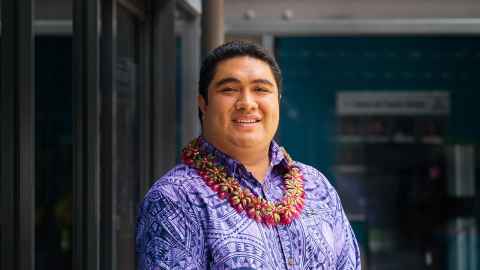
Meet our undergraduate students as they share their experiences and advice for new students in Arts and Education.
Read their stories
Hear from postgraduate students about their time in the faculty and what to expect from postgraduate study.
Find out more
Our doctoral candidates share how they arrived at their chosen area of study and what excites them about their research.
Discover more
Meet some of our students from around the world who decided to study with us.
Read more